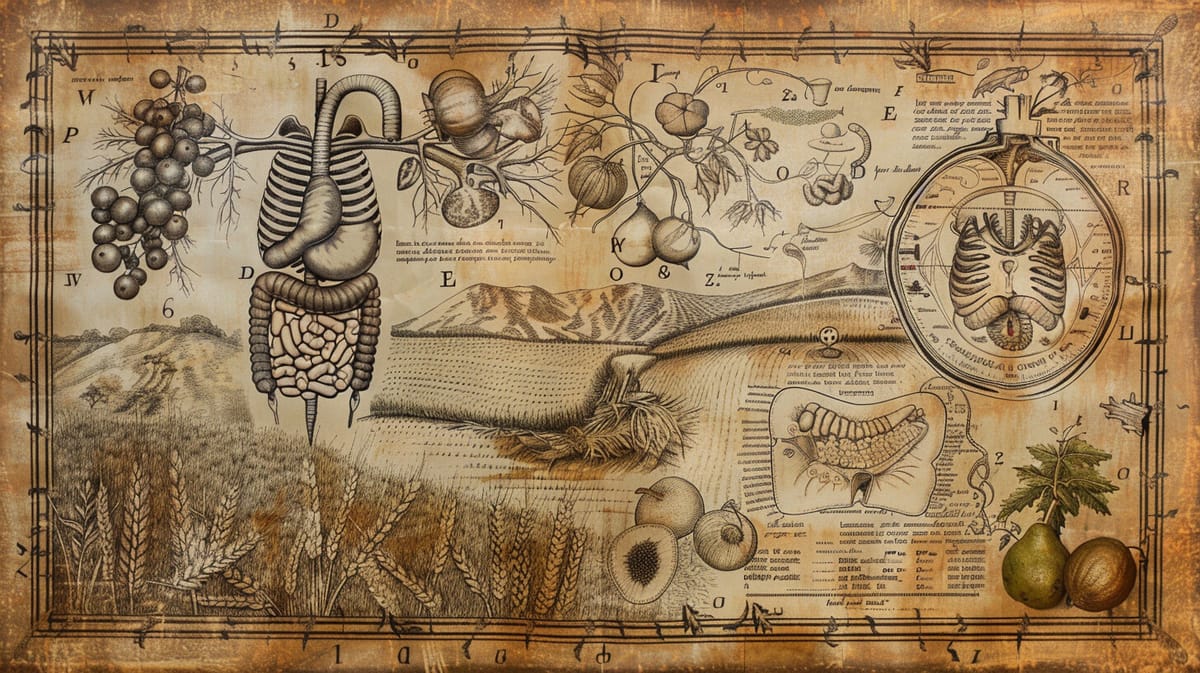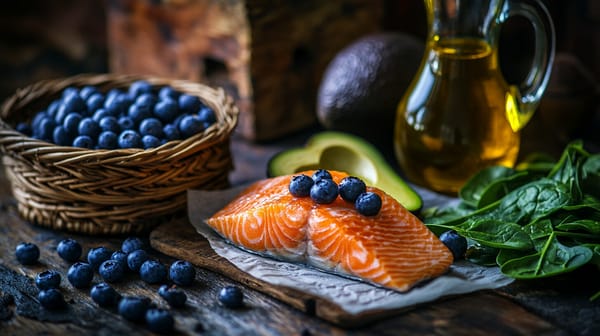The Truth About Carbs: Are They Really Essential for Survival?

Introduction
Carbohydrates have become a hot topic in the world of nutrition and dieting. From low-carb and ketogenic diets to the Atkins approach, there is an intense fascination surrounding this macronutrient. As a dietitian and science enthusiast, I feel compelled to deepen our understanding of carbohydrates to avoid glorifying or demonizing them without justification. In this article, we will explore the importance of carbohydrates and whether they are truly essential in our diets.
The Case for Carbs
1. Efficient Fuel Source
Carbohydrates are crucial in our diets because they provide glucose, a type of sugar that serves as a primary fuel source for our bodies. While every cell can metabolize glucose for energy, the same cannot be said for fat. Our bodies intelligently spare protein for tissue repair and rebuilding, making carbohydrates and fat the preferred energy sources.
2. Glucose Requirements for Specific Organs
Certain organs and tissues, such as the brain and red blood cells, rely heavily on the glucose derived from carbohydrates. Although the brain can adapt to utilize fat in the form of ketone bodies, our red blood cells will always depend on glucose. In fact, our bodies work diligently to maintain blood glucose levels within a narrow range, as dipping below 20mg glucose/dL of blood can lead to serious consequences like coma or seizures.
3. Prevalence in the Food Supply
Carbohydrates are ubiquitous in the U.S. food supply, contributing 50-60% of calories since 1910. This is unsurprising given that the world's staple crops, such as rice, wheat, corn, and potatoes, are carbohydrate-rich. Fruits, vegetables, and even dairy products contain carbohydrates, making them the foundation of most modern societies' diets.
The Case Against Carbs
1. Glucose from Protein and Fat
While carbohydrates are the primary source of glucose, the human body is capable of converting amino acids from protein into glucose. Even fat breakdown yields a small amount of glucose. As long as an individual consumes sufficient calories, mainly from fat or protein, they can still meet the glucose needs of their brain and blood cells and maintain normal blood glucose levels.
2. Absence of Carbohydrate Deficiency Illnesses
In nutrition science, a nutrient is considered "essential" if we must obtain it from our diet because our bodies cannot produce enough to meet our needs. Deficiencies in protein, essential fats, vitamins, and minerals correspond to specific impairments or diseases. However, there is no recognized illness associated with carbohydrate deficiency.
3. Survival on Low-Carbohydrate Diets
Anecdotal evidence suggests that people can survive on very low-carbohydrate diets, although the sustainability and personal satisfaction of these diets are not considered. Examples include the Atkins diet (as low as 20 grams of carbs per day), the classic ketogenic diet (80-90% fat), and the traditional Inuit diet (38% calories from carbohydrates).
Conclusion
While carbohydrates may not be classified as "essential" nutrients in the strictest sense, they are undeniably important. Eliminating carbs entirely from the diet is not only impractical but also nearly impossible, given their presence in fruits, vegetables, whole grains, and dairy - all fundamental components of a healthy diet. The key is to find the right balance that works for you, considering factors such as individual response to varying carbohydrate levels, long-term sustainability, and the potential benefits of a well-planned low-carb lifestyle. Consulting with a healthcare professional or registered dietitian can help guide you in making informed decisions about your carbohydrate intake.




